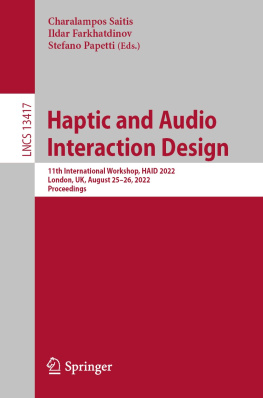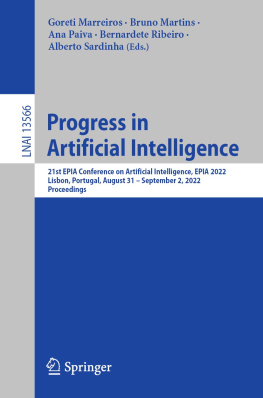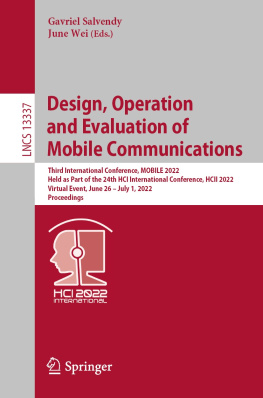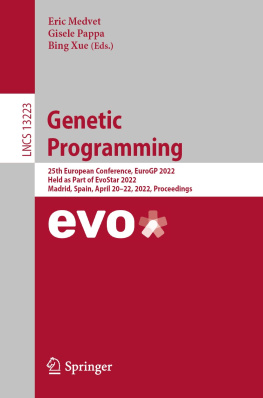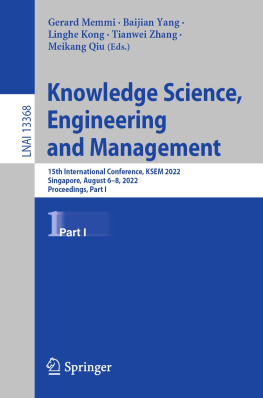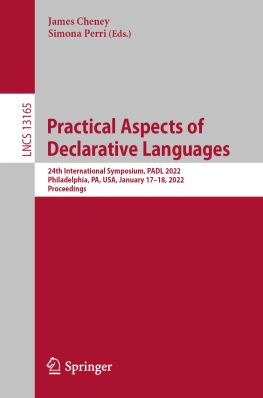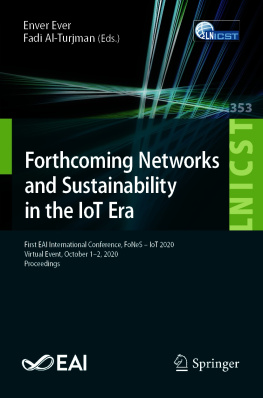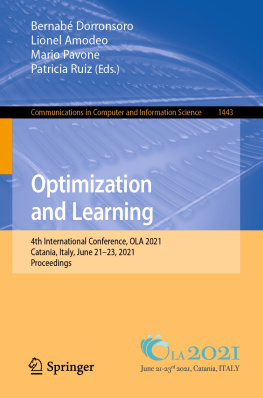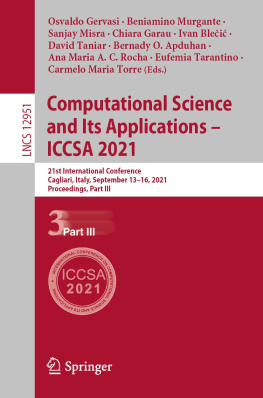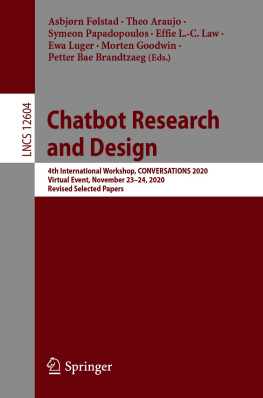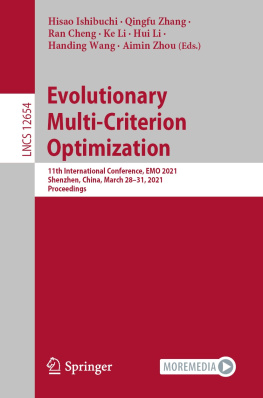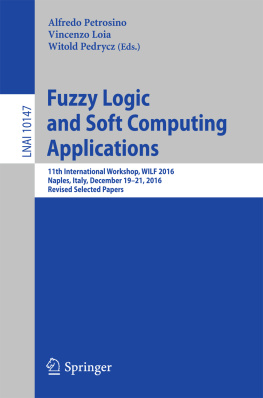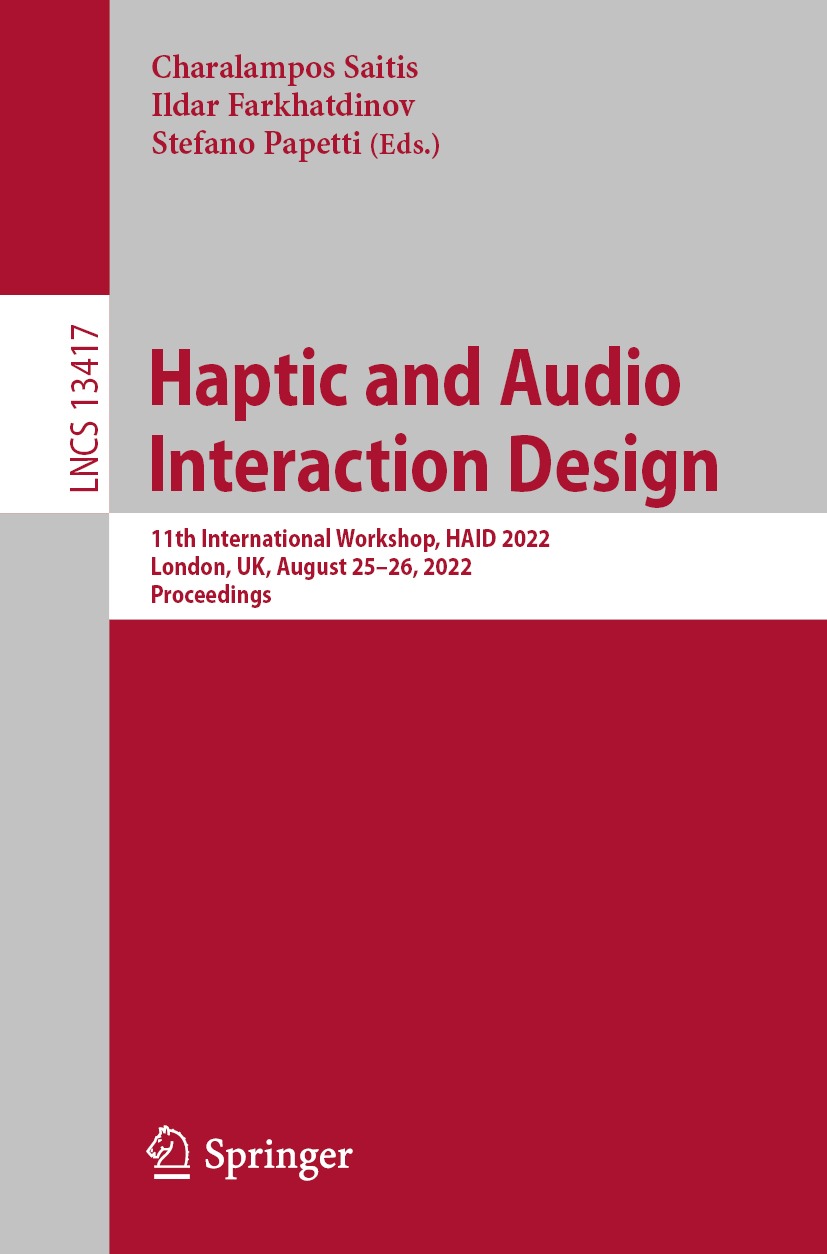Editors
Charalampos Saitis
Queen Mary University of London, London, UK
Ildar Farkhatdinov
Queen Mary University of London, London, UK
Stefano Papetti
Zrcher Hochschule der Knste, Zrich, Zrich, Switzerland
ISSN 0302-9743 e-ISSN 1611-3349
Lecture Notes in Computer Science
ISBN 978-3-031-15018-0 e-ISBN 978-3-031-15019-7
https://doi.org/10.1007/978-3-031-15019-7
The Editor(s) (if applicable) and The Author(s), under exclusive license to Springer Nature Switzerland AG 2022
This work is subject to copyright. All rights are reserved by the Publisher, whether the whole or part of the material is concerned, specifically the rights of translation, reprinting, reuse of illustrations, recitation, broadcasting, reproduction on microfilms or in any other physical way, and transmission or information storage and retrieval, electronic adaptation, computer software, or by similar or dissimilar methodology now known or hereafter developed.
The use of general descriptive names, registered names, trademarks, service marks, etc. in this publication does not imply, even in the absence of a specific statement, that such names are exempt from the relevant protective laws and regulations and therefore free for general use.
The publisher, the authors, and the editors are safe to assume that the advice and information in this book are believed to be true and accurate at the date of publication. Neither the publisher nor the authors or the editors give a warranty, expressed or implied, with respect to the material contained herein or for any errors or omissions that may have been made. The publisher remains neutral with regard to jurisdictional claims in published maps and institutional affiliations.
This Springer imprint is published by the registered company Springer Nature Switzerland AG
The registered company address is: Gewerbestrasse 11, 6330 Cham, Switzerland
Preface
Since its conception by Stephen Brewster in 2006, the aim of the International Workshop on Haptic and Audio Interaction Design (HAID) is to bring together researchers and practitioners who share an interest in finding out how the haptic and audio modalities can be used in human-computer/machine interaction. The research challenges in the area are best approached through user-centered design, empirical studies, or the development of novel theoretical frameworks. To promote this research direction, HAID workshops were held every year between 2006 and 2013 (Glasgow, Seoul, Jyvskyl, Dresden, Copenhagen, Kyoto, Lund, Daejeon) with proceedings published as part of the Springer LNCS series, then discontinued.
During a six year hiatus the community remained active, with a focus on what came to be termed musical haptics. In February 2016, Stefano Papetti hosted the workshop Haptics and Musical Practice: From audio-tactile psychophysics to the design and evaluation of digital musical interfaces at the Zurich University of the Arts (Switzerland), and shortly after he organized a related workshop Musical Haptics: Use and relevance of haptic feedback in musical practice during the EuroHaptics 2016 conference in London, UK. These two workshops led to the open access volume Musical Haptics (Springer, 2018), edited by Stefano Papetti and Charalampos Saitis, the first ever scientific collection on the subject of haptics and audio-haptic interaction in music performance and perception.
Meanwhile, in December 2016, a symposium on Force-Feedback and Music was organized by Marcelo Wanderley at McGill University (Montreal, Canada), an institution with a long tradition in musical haptics research. Thomas Pietrzak and Marcelo Wanderley subsequently initiated an effort to revive the HAID community with new workshops in 2019 (Lille, France) and 2020 (Montreal, Canada; held online due to the COVID-19 pandemic), including self-published online proceedings and a related special issue of the Journal of Multimodal User Interfaces (Springer, 2020).
HAID 2022 was the 11th edition of the workshop, held during August 2526, 2022, in London, UK. It was organized by the Centre for Digital Music and the Centre for Advanced Robotics at Queen Mary University of London, two established research groups hosting a critical mass of academics, researchers, and students investigating topics and methods relevant to HAID. As organizers and program chairs, we put emphasis on growing the community further, but also in a more sustainable way, engaging for the first time key scientific stakeholders (the IEEE Technical Committee on Haptics, the EuroHaptics Society, and the Audio Engineering Society) and an advisory board of international experts. A Work in Progress initiative was also introduced to increase inclusiveness of the community by helping HAID newcomers, especially underrepresented groups, to position their work within the HAID debate.
Despite challenges posed by the ongoing COVID-19 pandemic, both in terms of conducting haptics-based research and resuming international travel, HAID 2022 received a total of 19 full paper submissions, a more than twofold increase from the 2019 and 2020 editions. Each paper was peer-assessed by at least two reviewers and one meta-reviewer, using a pool of distinguished international experts, to whom we are grateful for the quality of their reviews, time and patience. In the end, 13 full papers were accepted and organized into four thematic sections, which are briefly introduced below.
Accessibility. Haptic and audio interaction brings most important benefits in situations where having access to and understanding speech and/or music may be hindered by a hearing impairment. Pat et al. presented a portable device that transforms music signals into symbolic vibrations, co-designed with stakeholders from the deaf and hard of hearing community to promote more inclusive live concert experiences. A plug-and-play audio-to-haptic feedback cover for smartphones was introduced by Ganis et al., who showed that normal hearing participants using cochlear implant simulation identified melodic contours better with than without haptic cues. Reed et al. shared evidence of improved lipreading when phonemic-based tactile signals are presented alongside a visual display.
Perception. Understanding haptic perception is key to designing effective multisensory displays. When they added a subthreshold vibrotactile stimulus to an electrotactile display, Balasubramanian et al. found that tactile masking was rendered absent and the perceived intensity of the display was increased. Jones and Ho reviewed psychophysical studies revealing temporal and spatial differences between the perception of cold and warm stimuli, and between those and tactile signals, in the context of thermo-haptic interaction design. Another set of perceptual experiments discussed by Paisa et al. demonstrated that different areas of the hand are variably sensitive to different vibration frequencies. Consigny et al. introduced a concept of perceptual total harmonic distortion for quantized tactile signals, which they used to demonstrate that 8-bit quantization can be imperceptible.

